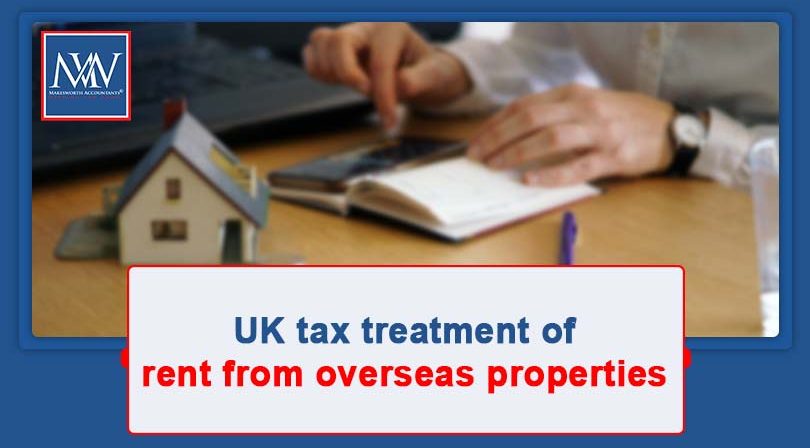
UK tax treatment of rent from overseas properties
A resident and domiciled person in the UK is liable to UK tax on their worldwide income. Consequently, if they have overseas property that they rent out, any rental profits are taxable in the UK.
Separate overseas property business
As far as property rental businesses are concerned, UK properties and overseas properties are treated as part of different property businesses—the overseas properties will form an overseas property business, and the UK properties will form a UK property business. The profit or loss for each business must be calculated separately.
Same calculation rules
The same rules apply to calculate the profits of an overseas property business as apply to a UK property business. However, where a landlord lets furnished holiday accommodation abroad, the current tax regime for furnished holiday lettings only applies where the holiday let is in the UK or the EEA. Where properties are let as holiday lets outside the UK and the EEA, they are treated as other residential lets.
Use of losses
Where a property business makes a loss, the loss can only be carried forward and set against future profits of the same property business. Thus, if a landlord has both an overseas property business and a UK property business, losses made on the overseas property business cannot be set against a profit on the UK property business and vice versa.
£1,000 property allowance
A landlord letting overseas property can benefit from the £1,000 property allowance. However, each individual is only entitled to one £1,000 allowance rather than one per business.
Foreign tax
Landlords letting overseas property may be liable for tax on their rental profits in the country in which the property is located, so the landlord may be liable to pay tax both in the UK and abroad on the same profits. However, relief is given from the double charge on the same income, either by the terms of the Double Taxation Treaty with the other country where one exists or under the UK rules.
Partner note: ITTOIA 2005, Pt. 3, Ch. 11.
For more information, Book a Free Consultation
Need Accountancy Support?
For information on bespoke training, or if you have any other questions for Makesworth Accountant, please fill in your details below
















 151
151